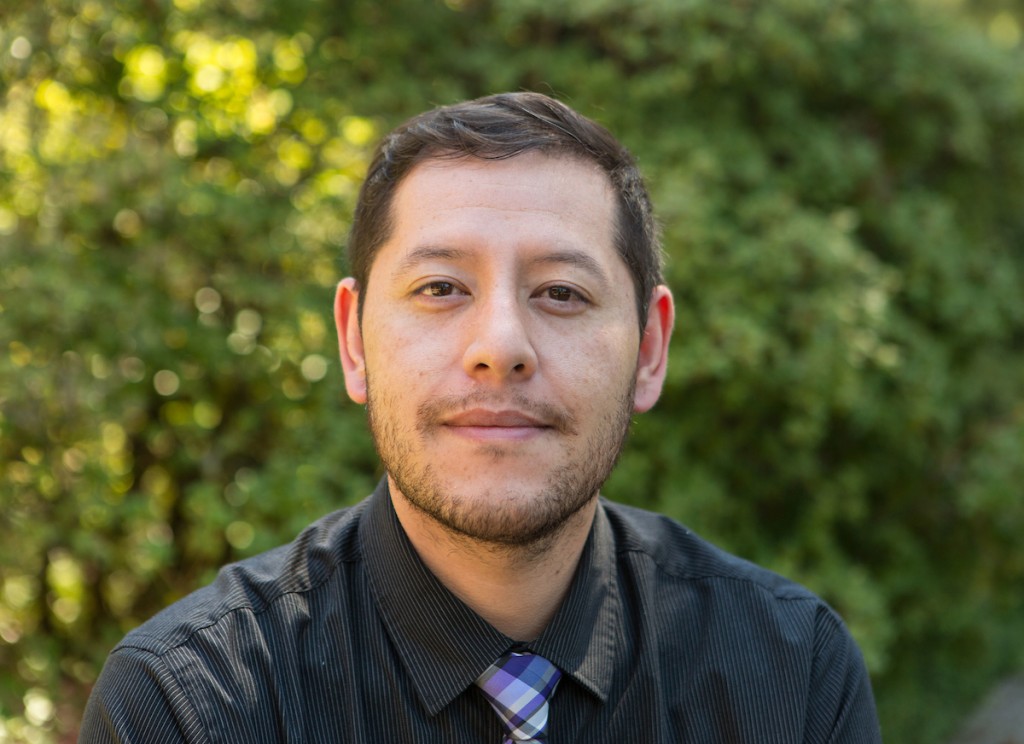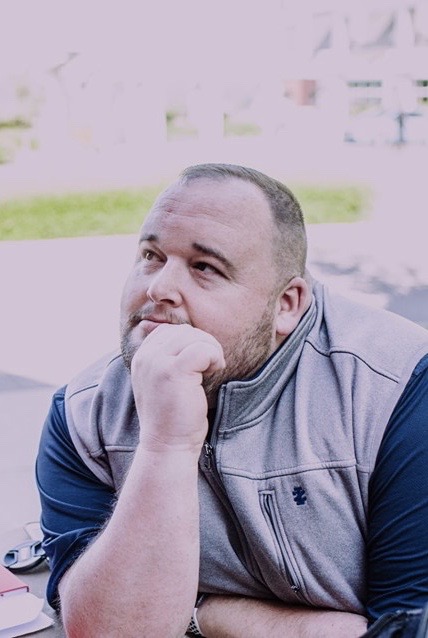Page 3 • (1,311 results in 0.02 seconds)
-
The discipline of history focuses on critical analysis of text-based evidence from the past and seeks a detailed, complex understanding of individual and collective human behaviors as they have
that affect individual lives over time and how individuals, in turn, influence the world in which they live. Students of history develop lifelong habits of critical thinking, inquiry-based reading of texts, effective research skills, and appreciation of complexity and diversity in human behavior. History majors also develop the skills needed to work collaboratively, organize and deliver oral presentations on historical subjects, and produce substantial research papers that demonstrate the student’s
-
GSRS 287: Reproductive Justice (Prof. Jenny James) This interdisciplinary course provides an intensive introduction to reproductive justice in the U.S.
Austen’s critique of what media can do to unsuspecting consumers can teach us about our current relationship with digital media and visual culture. The final project will ask students to develop a podcast based on Austen’s work where they explore critical questions about diversity and representation in digital media and visual culture. Please note: We will do a lot of reading, writing, and critical thinking in this course! The course is set up so that students work in groups throughout the entire
-

Associate Professor & Instruction and Reference Librarian | Library | rarteaga@plu.edu | 253-535-7505 | Roberto is an Instruction and Reference Librarian at Pacific Lutheran University.
, Do I Have to Have a Librarian Come to my Class? Power imbalances and power moves in library instruction., University of Arizona (09/2020) Critical Library and Pedagogy Symposium, Design Thinking in an Hour? Or, Design Thinking: A Cautionary Tale., University of Arizona (11/2018) LOEX, Charting the Library Firmament: Transforming Teaching to Create Meaningful Learning Experiences for Students., Lexington, KY (05/2017) Biography Roberto is an Instruction and Reference Librarian at Pacific Lutheran
-
When to start the application process? While it is never too early to start thinking about law school, you want to seriously beginning preparing for applying for law schools 18 months before you
will want 2 – 4 letters of recommendation; however, schools will specific the number of letters they will accept. Be sure to follow the school’s guidelines. From who should I get letters? If you are in college or a recent college graduate, schools want letters from your professors, specifically, professors who know you well, like you, can testify to your strengths as a students with regards to critical and analytical thinking, reading, and writing. Schools will accept letters from your employers
-
PLU offers over 40 academic majors, 50 minors, and purposefully integrates professional studies with the liberal arts and sciences for a comprehensive education to successfully prepare students for
do about what they’re teaching. They are mentors and fellow learners who encourage you to consider new ways of thinking, to take risks and grow. Experiential Learning Learn inside and outside the classroom. PLU offers close student-faculty research opportunities, along with study away experiences, internships, field studies, lab work, clinical hours, and more. Why the liberal arts & sciences? At the core of a liberal arts and sciences education is flexibility, creativity, critical thinking, and
-
1. Upon completion of the social work program, students will demonstrate professional and ethical behavior, including ethical decision-making, using reflection & self-regulation, demonstrating
impact the delivery of and access to social services; apply critical thinking to analyze, formulate, and advocate for policies that advance human rights and social, economic, and environmental justice.3. Upon completion of the social work program, students will be able to assess individuals, families, groups, organizations, and communities by collecting and organizing data and applying critical thinking to interpret data, applying knowledge of human behavior and the social environment and other
-
All classes are taught by PLU professors, not teaching assistants, with an average class size of 21 students.
do about what they’re teaching. They are mentors and fellow learners who encourage you to consider new ways of thinking, to take risks and grow.Experiential learningLearn inside and outside the classroom. PLU offers close student-faculty research opportunities, along with study away experiences, internships, field studies, lab work, clinical hours, and more.Why the liberal arts and sciences?At the core of a liberal arts and sciences education is flexibility, creativity, critical thinking, and
-
Imagine Otherwise: Radically Co-Creating Education Futures “Make Change Wherever You Are”
to equitable practices and futures Certificate #2: Becoming Critical Creatives Instructor: Dr. Jes Takla Becoming Critical Creatives: Human-Centered Design Thinking and Strategic Diversity Leadership for Equitable FuturesUtilizing principles of human-centered design thinking (IDEO, 2012, 2015) and strategic diversity leadership (Williams, 2013) as guiding frameworks, this certificate program guides leaders through the development of critically creative strategic plans to advance equity-minded
-

Instructor of Nursing | School of Nursing | kidddj@plu.edu | I am passionate about finding what motivates someone.
David Kidd, MSN-Ed., BSN, CNE, CCRN, CMC, NPD-BC Instructor of Nursing Email: kidddj@plu.edu Professional Biography Education MSN, Nursing Education, Grand Canyon University BSN, Nursing, Pacific Lutheran University AA, Pre-Nursing, General Studies , Pierce College Areas of Emphasis or Expertise Critical Care Nursing Professional Development Critical Thinking Accolades LifeSaver Award Life Center Northwest Biography I am passionate about finding what motivates someone. When you can tap into
Contact Information -
Thinking about education at PLU? When are education students able to enter the classroom? Can you gain skills in teaching students while you study away? In this session, John Wright, assistant professor of Education, and Ryan Branchini answer your questions!
You Ask. We Answer. How is your Education program? Posted by: mhines / April 26, 2024 April 26, 2024 Thinking about education at PLU?When are education students able to enter the classroom? Can you gain skills in teaching students while you study away? In this session, John Wright, assistant professor of Education, and Ryan Branchini answer your questions! Read Previous Major Minute: English Read Next You Ask. We Answer. How is your Biology program? LATEST POSTS PLU Scores 4.5 out of 5 on
Do you have any feedback for us? If so, feel free to use our Feedback Form.


